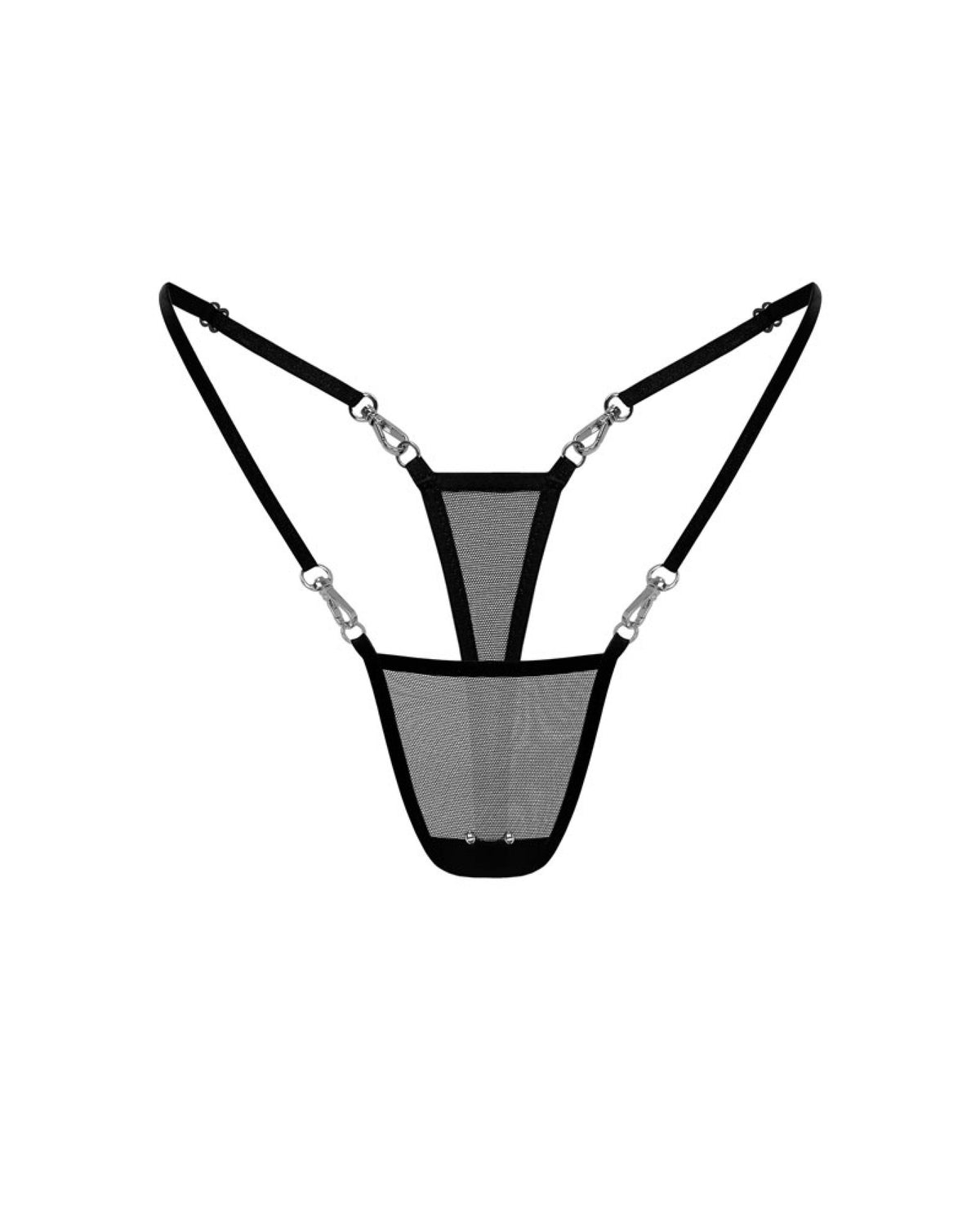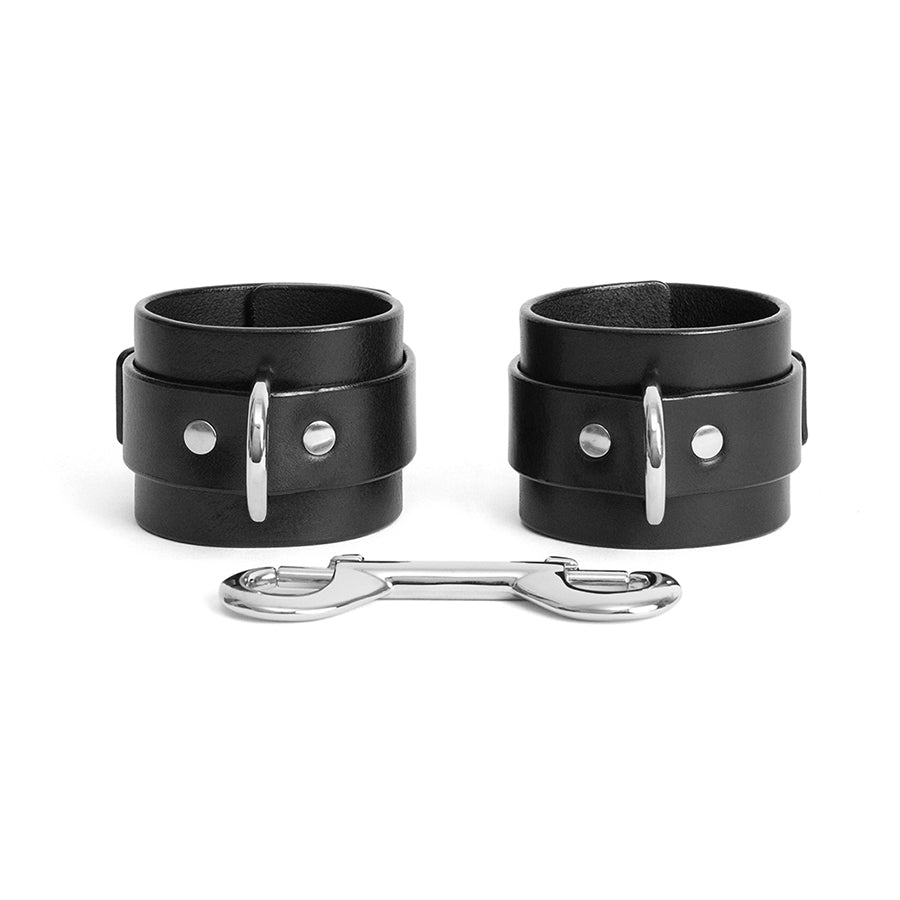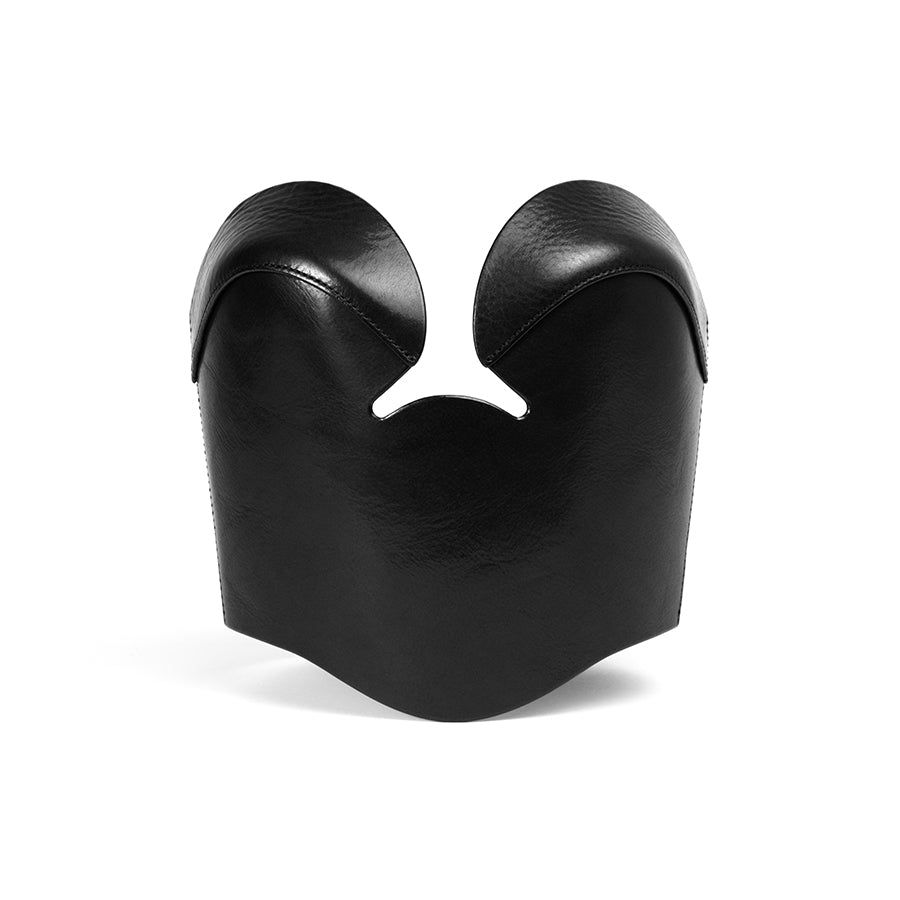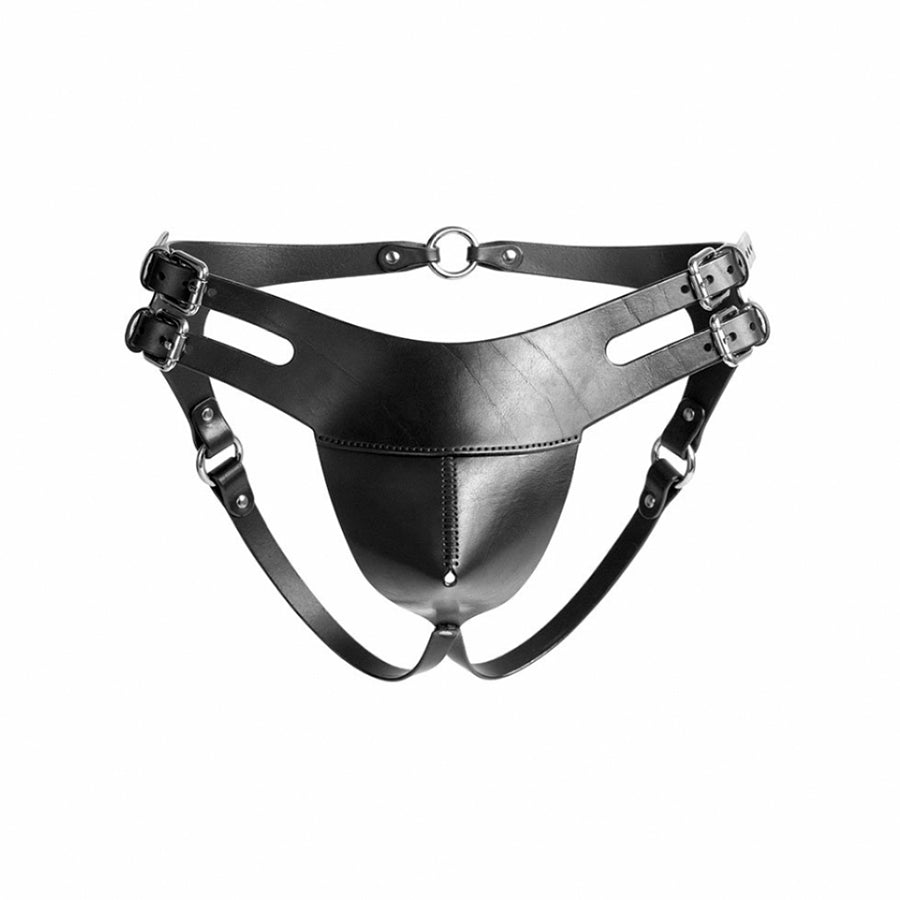
May 20, 2025
The Sub’s Guide to Handling a Dominant’s Emotional Overload
We often associate Dominants with strength, control, and unshakable confidence. But even the most self-assured Dom(me)s are human – and that means they, too, can become emotionally overwhelmed.
For submissives, this can be confusing or even destabilizing. After all, the person you rely on to guide and hold space for you is suddenly in need of care themselves. To help you navigate those vulnerable moments, we created this thoughtful, sub-centred guide.
1. Understand That Emotional Overload Doesn’t Equal Weakness
Being a Dominant doesn’t mean being emotionally invincible. Life stress, trauma, burnout, or intense scenes can all take their toll. Recognizing your Dom(me)’s need for care doesn’t invalidate your dynamic—it strengthens it.
Being emotionally available as a sub doesn’t mean switching roles; it means deepening your connection.
2. Shift Into “Service Mode” (If It Feels Right)
Many submissives find comfort and clarity in service. If your dynamic allows for it, gently ask: “Would you like me to support you in a service-oriented way right now?”
This might look like: making them tea or food; offering a quiet presence; creating a calm space (dim lights, music, quiet); helping them regulate (deep breathing, grounding exercises). Your goal isn’t to fix them, but to offer presence, peace, and structure.

3. Communicate Without Taking Control
Avoid phrases like “You need to calm down” or “Let me handle this.” These can feel dismissive or accidentally topple the power dynamic.
Instead, try:
-
“I’m here with you. Would you like space or company?”
-
“Would it help if I [insert service or task]?”
-
“I can just sit with you if you want.”
Keep your tone grounded, warm, and respectful, honoring their authority even in their emotional moment.
4. Don’t Abandon Your Needs, But Don’t Center Them Either
It’s okay to feel scared, unsure, or ungrounded when your Dominant is struggling. But this isn’t the moment to seek reassurance or clarity about your own role—unless you’re in distress. Hold your needs gently and bring them up later, when they’re in a better place to respond.
If the situation is genuinely triggering for you, it’s okay to say: “I care about you deeply. I’m feeling a little overwhelmed too—can we talk when you’re ready?”
This honors both your emotional states without making it about you.

5. Aftercare Isn’t Just for Scenes
Dom(me)s need aftercare too. If a scene or dynamic-related situation caused the overload, suggest a form of aftercare that works for them. It might be: quiet cuddling; talking things through; rewatching a comforting show; a bath or massage; writing or processing together.
Ask how you can participate in their aftercare. It’s a beautiful way to stay connected and restore balance.
6. Discuss the Experience Later
Once things have settled, initiate a check-in. You might ask:
-
“How did that feel for you?”
-
“Was there anything I did that helped or didn’t help?”
-
“Would you like to plan how we handle these moments in the future?”
This builds resilience and emotional safety into your dynamic. You’re not erasing the power exchange—you’re strengthening it with emotional maturity.
7. Honor Their Humanity, Not Just Their Role
Your Dominant is a complex person, not just a title or fantasy. Emotional overload can be humbling, and your response matters.
By offering support without judgment, maintaining respect for the dynamic, and tending to their needs as a form of care, not control, you create a more sustainable, deeply connected D/s relationship.






